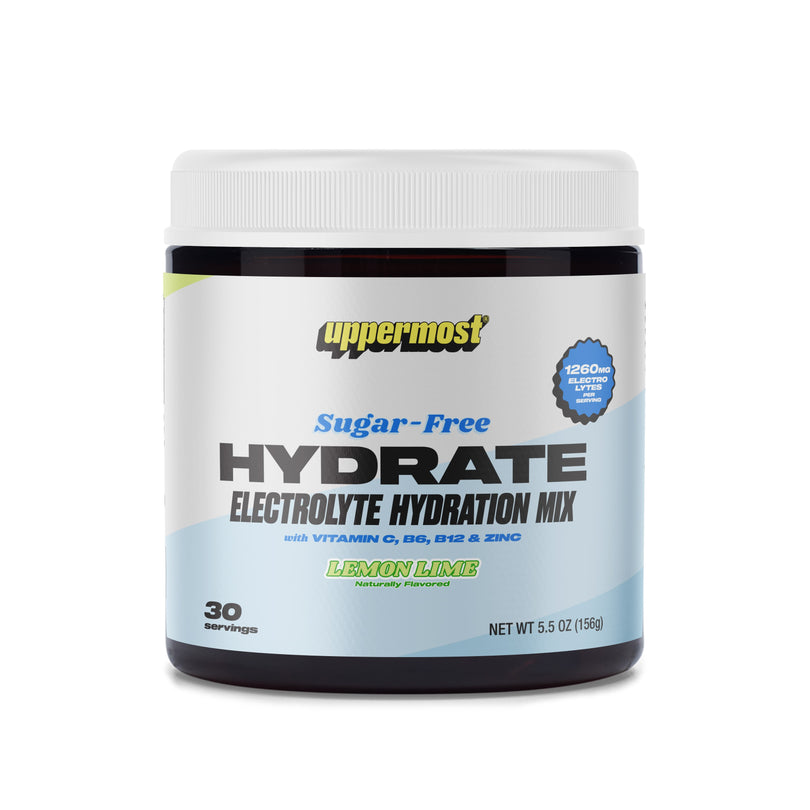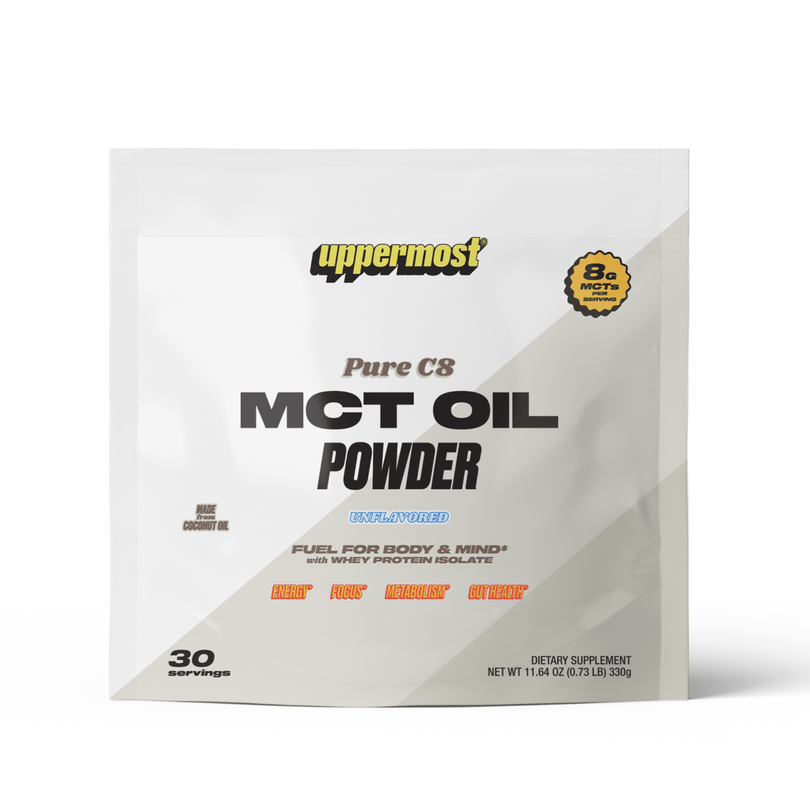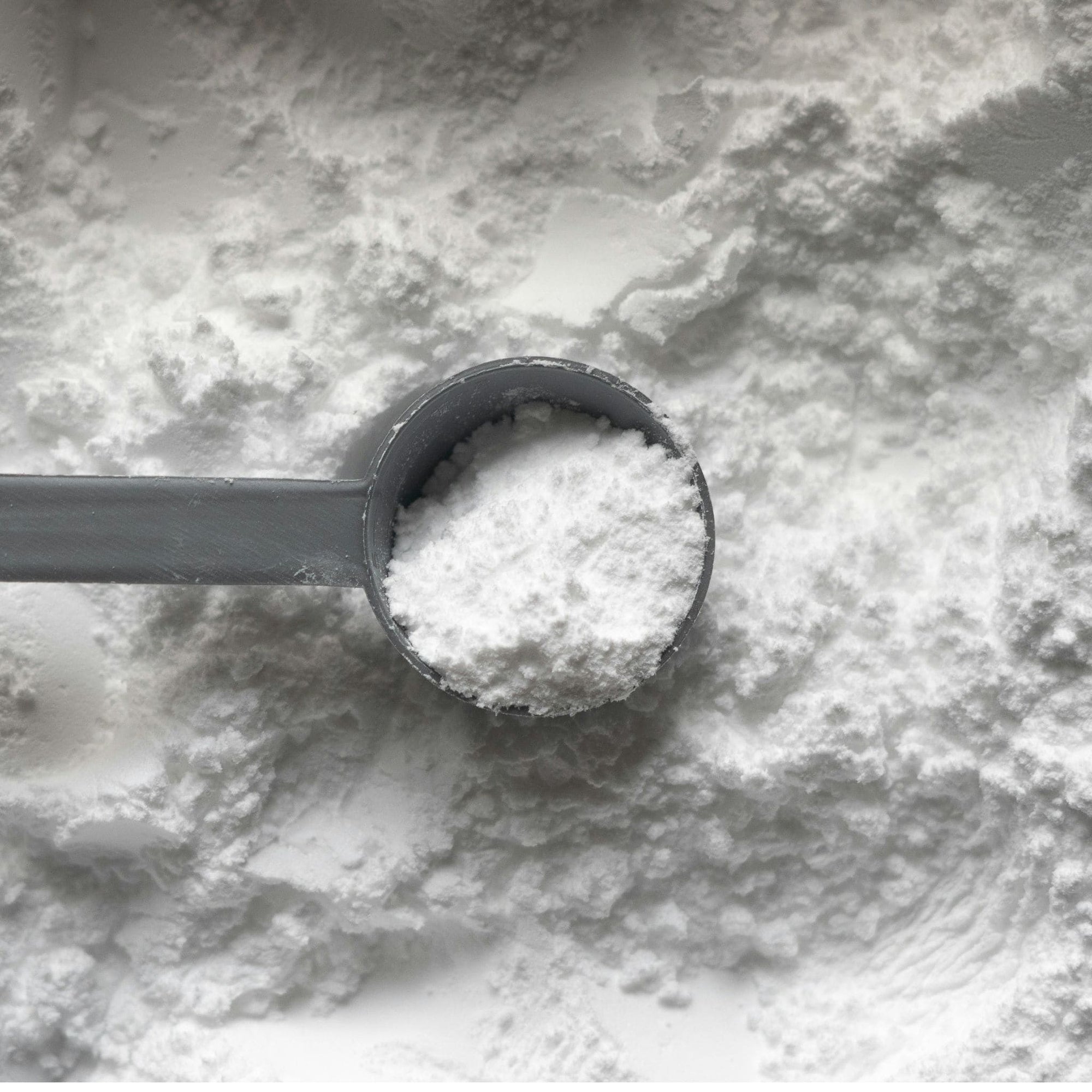The Importance of Potassium for Health
What is Potassium?
Potassium is a vital mineral that plays a significant role in numerous physiological processes within the human body. It is an electrolyte, which means it helps conduct electrical signals necessary for muscle contractions, including the heart, and nerve function. Potassium helps maintain proper fluid balance in cells and tissues, supports metabolism, and is essential for synthesizing proteins.
Benefits of Potassium
Incorporating sufficient potassium into your diet can lead to numerous health benefits:
-
Lower Blood Pressure: High potassium intake has been linked to reduced blood pressure levels. It counteracts sodium's effect on blood pressure, helping to relax blood vessel walls and improve circulation.
-
Reduced Risk of Stroke and Osteoporosis: A diet rich in potassium may lower the risk of stroke by supporting vascular health. Additionally, adequate potassium levels are associated with better bone density and reduced risk of osteoporosis.
-
Kidney Stone Prevention: Potassium helps to prevent the formation of kidney stones by promoting a more alkaline environment in the urine, reducing calcium excretion.
-
Support for Healthy Bones and Teeth: This mineral plays a role in calcium metabolism, essential for maintaining strong bones and teeth.
Symptoms of Potassium Deficiency
Potassium deficiency, known as hypokalemia, can manifest through various symptoms, including:
-
Muscle Weakness or Cramps: A common sign, as potassium is crucial for muscle contraction.
-
Fatigue: Insufficient potassium can lead to decreased energy levels and overall fatigue.
-
Constipation: Potassium is essential for proper digestive function; deficiency can lead to digestive issues.
-
Heart Palpitations: An irregular heartbeat may occur due to electrolyte imbalances, emphasizing potassium's role in heart health.
If left untreated, severe potassium deficiency can lead to serious health complications, including heart arrhythmias and, in extreme cases, heart failure.
Potassium-Rich Foods
To maintain optimal potassium levels, consider including the following potassium-rich foods in your diet:
-
Bananas: A well-known source, bananas are convenient and nutritious.
-
Beet Greens: These leafy greens are packed with potassium and other essential nutrients.
-
Salmon: A fatty fish rich in omega-3 fatty acids and potassium.
-
Beans: Legumes like kidney beans and black beans are excellent sources of potassium and protein.
-
Nuts: Almonds and pistachios are tasty options that also provide healthy fats.
-
Avocados: Versatile and nutrient-dense, avocados are a great way to boost potassium intake.
The Role of Electrolyte Drinks
For individuals who engage in physical activities, electrolyte drinks that contain potassium can be especially beneficial. These beverages help replace electrolytes lost through sweat during exercise, which is crucial for maintaining fluid balance and preventing muscle cramps. An electrolyte drink containing adequate potassium can improve performance and help avoid fatigue.
Conclusion
Potassium is an essential mineral that plays a vital role in maintaining good health and optimal body function. Ensuring you get enough potassium in your diet—either through potassium-rich foods or supplements—is crucial for preventing deficiencies and supporting overall well-being. By prioritizing potassium, you can help keep your body functioning at its best and reduce the risk of health problems. For further tips on maintaining optimal potassium levels and choosing the right electrolyte drinks, explore our other resources!




